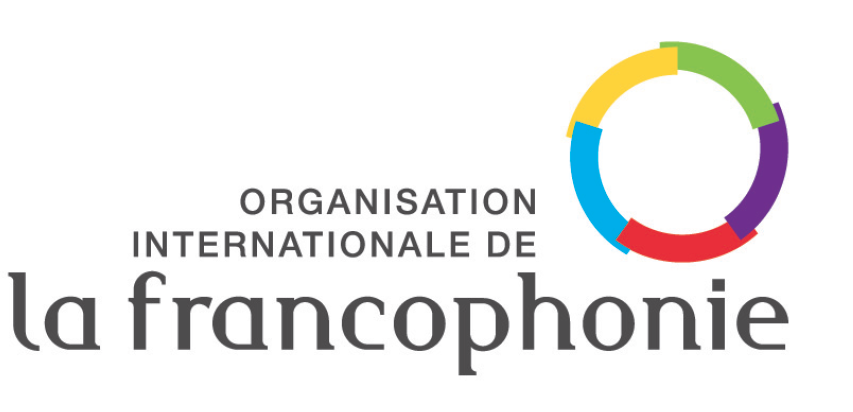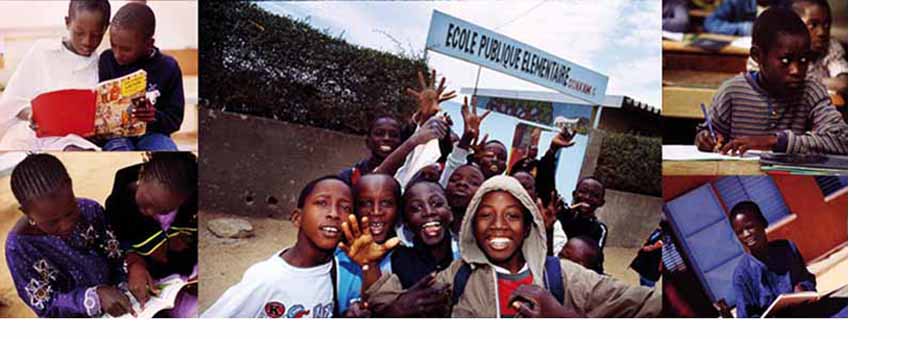Global presentation of actions carried out in the 8 countries
The ELAN-Africa Initiative intends to strengthen national capacities to gradually set up integrated teaching of national languages and French in the eight participating countries (Benin, Burkina Faso, Burundi, Cameroon, Mali, Niger, DRC, Senegal).
Following instructional missions carried out in these countries in April-May 2010, the ELAN national steering committees, accompanied by missionary ELAN experts, identified several actions aimed at promoting bilingual education (national languages / French language).
The planned actions are characterized by taking into consideration the educational and linguistic situation of each country. Indeed, there is no model of a pre-established action plan, each State is the sole decision-maker of its actions.
Thus, we can distinguish 2 main country situations:
- those with a tradition of bilingual education (Burkina Faso, Niger, Mali, Burundi) and who wish through ELAN to consolidate and extend it;
- those who wish with the ELAN-Africa Initiative to experiment this type of learning (Cameroon, Senegal, DRC, Benin).
After examining the provisional action plans of the countries, the following activities can be distinguished:
- Countries in the phase of extension / pre-generalization of bilingual education in primary school : actions revolve around the consolidation of bilingual education, with actions of capacity building, teacher training, production didactic tools, didactic research, advocacy and monitoring-evaluation;
- Countries in the experimental phase of bilingual education at the primary level : there are actions of institutional framing, sociolinguistic studies, linguistic planning, experimentation, production of teaching material, training of trainers, monitoring and evaluation of the experiment and advocacy and awareness
The action plans, although provisional at this stage of the project, reflect governments' support for the Initiative's objectives. In addition, several countries offer multi-institutional action plans and respect the educational and linguistic starting situation of their country.





